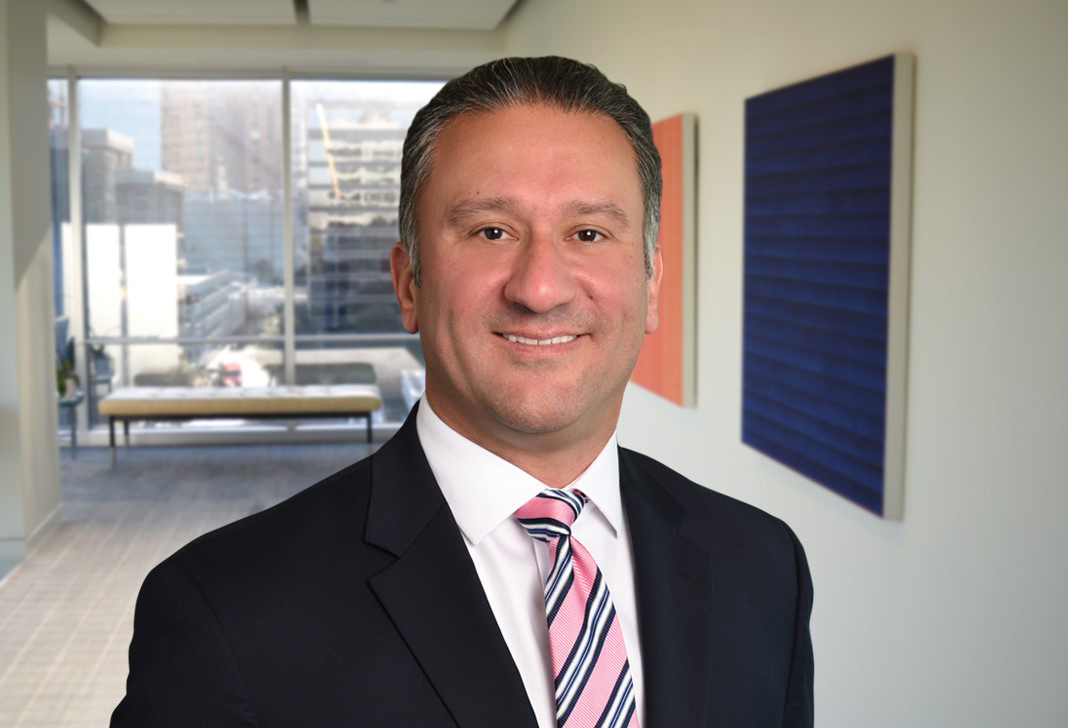CFPB Announces Examination Process for Large Banks Begins July 21
The U.S. Treasury Department, on behalf of the Consumer Financial Protection Bureau ("CFPB"), recently announced that the CFPB's supervision and examination program will begin on July 21 for banks with assets exceeding $10 billion, as well as for their affiliates and service providers, and it provided an initial outline of the program's scope and procedures. The CFPB's program will include both off-site information gathering and data analysis, in addition to on-site examinations and interviews. The CFPB will begin the examination process through satellite offices in Chicago, New York, San Francisco, and Washington, D.C., but will not immediately conduct on-site examinations. While willing to work constructively with covered institutions during the supervisory process, the CFPB is intent on ensuring compliance with federal consumer financing laws. Elizabeth Warren, Special Advisor to the Secretary of the Treasury, described the CFPB as "a cop on the beat—examining banks and protecting consumers." Large banks should be prepared starting July 21 to provide the CFPB with information regarding their policies and procedures for complying with federal consumer financial laws.
The Scope of the CFPB's Examination Process
The CFPB has already identified 111 depository institutions subject to the supervision and examination program, although it has not released a list of these institutions. Under the Dodd-Frank Act, this list will include an insured depository institution with total assets of more than $10 billion. But the CFPB also has authority under Dodd-Frank to supervise covered institutions' affiliates and service providers. Dodd-Frank defines "affiliates" to include any person that controls, is controlled by, or is under common control with another person. "Service providers" are defined as companies providing a material service to a covered institution. "Material services" include designing, operating, or maintaining a consumer financial product or service and processing related transactions. Because the CFPB is prepared to seek corrective action for any violations, through additional policies and procedures or other remedies, affiliates of and service providers to covered institutions should be prepared to comply with the CFPB's examination process.
The CFPB's supervision and examination program will focus on assessing covered institutions' compliance with federal consumer financial laws. The CFPB will begin its assessment off-site before conducting on-site examinations. Examiners will initially review industry and institutional information, analyze relevant data, and conduct pre-examination scoping. The CFPB will then conduct on-site examinations as well as follow-up monitoring. During the examination process, the CFPB will interview personnel and review each institution's internal procedures to assess its ability to detect, prevent, and remedy violations that could harm consumers. While it is not yet known which personnel will be interviewed, those involved in compliance efforts will most likely be included. Large banks should begin gathering information regarding their consumer financial law compliance policies and procedures and should prepare personnel to be interviewed regarding the same.
The CFPB will also use its supervision and examination program to analyze potential risks to consumers and the consumer financial products and services market. The CFPB will analyze potential consumer risk based on the products and services each institution offers. It will evaluate compliance during each product's or service's life cycle and also consider how the product or service is developed, marketed, sold, and managed.
Year-Round Monitoring for "Largest and Most Complex Banks"
Most depository institutions will be subject to periodic examination only, but the CFPB intends to monitor the "largest and most complex banks" year-round. Dodd-Frank authorized the CFPB only to "conduct examinations on a periodic basis," so it is unclear where the CFPB derives the authority to expand the examination process to year-round monitoring. The CFPB plans to customize this monitoring to "reflect the consumer protection and fair lending risk profile of the organization," but it has not specified any additional compliance efforts banks should undertake as part of the year-round monitoring process.
According to the CFPB, covered institutions will generally be advised about upcoming examinations and should receive status updates throughout the supervision process. The CFPB still needs to provide information specifying the timing of its notification, the regularity of the status updates, and the information supplied in the notifications and status updates.
CFPB Coordination with Prudential Regulators
The CFPB will coordinate its supervision program with federal banking agencies as well as state banking regulatory authorities, but it is unclear to what extent this coordination will minimize covered institutions' compliance efforts. Dodd-Frank attempts to reduce large banks' regulatory burden in several ways: (1) by requiring the CFPB to coordinate its supervisory activities with prudential regulators, defined to include federal banking agencies and the National Credit Union Administration; (2) by requiring the CFPB to conduct examinations simultaneously with prudential regulators, unless the regulator requests otherwise; and (3) by requiring the CFPB to use reports previously submitted to federal and state agencies "to the fullest extent possible" as part of the supervision and examination process.
In the latest release, the CFPB did not specifically state that it would conduct its examination process simultaneously with prudential regulators, but only that it would communicate and coordinate with state and federal regulatory authorities. The CFPB also did not address to what extent it will use reports already provided to federal and state agencies as part of its examination process. Although the CFPB previously executed a Memorandum of Understanding with the Conference of State Bank Supervisors for, among other things, information sharing and examination coordination, there is significant potential for duplicative examination processes and additional compliance costs.
Additional Information from CFPB Available in August
As the CFPB finalizes its supervision program, it will continue educating covered institutions on the examination process. The CFPB has promised to send additional information to the 111 institutions it has already identified as subject to this process. It also plans to conduct informational roundtables in early August.
Most importantly, the CFPB will post on its web site the initial phase of its Examination Manual, the field guide for examiners supervising banks and other consumer financial services companies. The exact date for publication is not known, but, once it is published, the CFPB will invite feedback on the Manual from the banking industry, nonbank financial services companies, federal and state agencies, consumer and community groups, and the general public. The Manual will provide significant insight on the examination process to covered institutions. Once the Manual is posted, these institutions should take advantage of the opportunity to provide the CFPB with suggestions to reduce the regulatory burden by streamlining the examination process and avoiding duplicative efforts with state and federal regulatory agencies.
Conclusion
The CFPB has outlined an ambitious plan for the organization as well as for CFPB examiners in the coming weeks. CFPB examiners and managers will need to familiarize themselves with the structure, business strategies, operations, and risks of organizations they will be supervising. Although the CFPB has outlined the supervision program in broad strokes, it has significant gaps to fill before finalizing its supervision and examination process. Large banks, as well as their affiliates and service providers, should begin compiling information regarding their policies and procedures for complying with federal consumer financial law now and should also plan on attending the CFPB's informational roundtables in August for additional information.
Jones Day's Consumer Financial Products & Services team advises clients regarding the issues addressed in this Alert, including counseling clients regarding the Consumer Financial Protection Bureau's supervisory powers and examination process.
Lawyer Contacts
For further information, please contact your principal Firm representative or one of the lawyers listed below. General email messages may be sent using our "Contact Us" form, which can be found at www.jonesday.com.
David F. Adler
Cleveland
+1.216.586.1344
Jeremy P. Cole
Chicago
+1.312.269.4093
Antonio F. Dias
Pittsburgh / Washington
+1.412.394.7240 / +1.202.879.3624
Gregory R. Hanthorn
Atlanta
+1.404.581.8425
Sydney McDole
Dallas
+1.214.969.3785
Richard S. Ruben
Irvine
+1.949.553.7565
Lee Ann Russo
Chicago
+1.312.269.4283
Jayant W. Tambe
New York
+1.212.326.3604
Albert J. Rota
Dallas
+1.214.969.3698
Amy M. Nicks
Dallas
+1.214.969.4508
Jones Day publications should not be construed as legal advice on any specific facts or circumstances. The contents are intended for general information purposes only and may not be quoted or referred to in any other publication or proceeding without the prior written consent of the Firm, to be given or withheld at our discretion. To request reprint permission for any of our publications, please use our "Contact Us" form, which can be found on our web site at www.jonesday.com. The mailing of this publication is not intended to create, and receipt of it does not constitute, an attorney-client relationship. The views set forth herein are the personal views of the authors and do not necessarily reflect those of the Firm.





